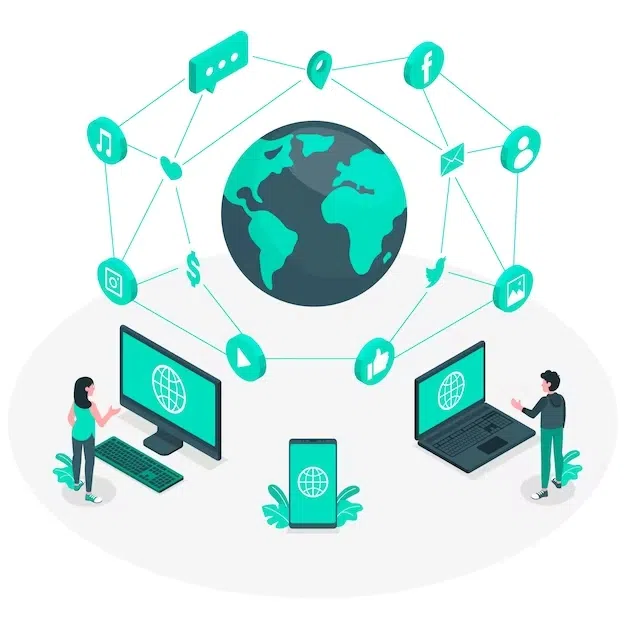Introduction
The landscape of education is continually evolving, shaped by technological advancements, societal changes, and global dynamics. In the 21st century, educators are faced with the exciting challenge of preparing students for a rapidly changing world. To navigate this dynamic terrain, it’s essential for educators to stay informed about global education trends that are influencing teaching and learning. In this blog, we’ll explore some key trends that educators need to be aware of.
1. Technology Integration: The Digital Classroom
Digital Literacy:
- As technology becomes more ubiquitous, digital literacy is no longer an option but a necessity. Educators are integrating technology into classrooms to enhance learning experiences and equip students with crucial digital skills.
Blended Learning:
- Blended learning models, combining traditional face-to-face instruction with online elements, are gaining popularity. This approach caters to diverse learning styles and allows for more personalized education.
2. Global Collaboration: Fostering Cultural Competence
International Collaboration:
- Technology has made global collaboration more accessible. Virtual exchanges, collaborative projects, and video conferencing connect students and educators across borders, fostering cultural understanding and collaboration.
Cultural Competence:
- Emphasis is placed on developing cultural competence among students. This includes understanding and appreciating diverse perspectives, essential for success in a globalized world.
3. Personalized Learning: Tailoring Education to Individuals
Adaptive Learning Platforms:
- Adaptive learning platforms use data and technology to tailor educational content to the individual needs of each student. This approach acknowledges that students learn at different paces and have unique strengths and challenges.
Student-Centered Approaches:
- Pedagogical shifts towards student-centered approaches empower learners to take an active role in their education. This involves self-directed learning, project-based assignments, and collaborative problem-solving.
4. Emphasis on STEM Education: Preparing for the Future
STEM Skills:
- Science, Technology, Engineering, and Mathematics (STEM) education is a focal point. The demand for STEM skills is growing in the workforce, and educators are incorporating hands-on, inquiry-based learning to nurture these skills.
Coding and Computational Thinking:
- Coding is increasingly recognized as a fundamental skill. Educators are introducing coding and computational thinking early in curricula to equip students for an increasingly digital world.
5. Focus on Well-Being: Mental Health and Social-Emotional Learning
Wellness Programs:
- Recognizing the importance of student well-being, schools are implementing wellness programs. These programs address mental health, stress management, and the development of social-emotional skills.
Social-Emotional Learning (SEL):
- SEL is integrated into curricula to help students develop skills such as self-awareness, empathy, and relationship building, contributing to both academic and life success.
6. Flexible Learning Environments: Adapting to Changing Needs
Flexible Spaces:
- Traditional classroom setups are giving way to flexible learning environments. These spaces are adaptable to different teaching styles, collaborative activities, and technology integration.
Hybrid Learning Models:
- The COVID-19 pandemic accelerated the adoption of hybrid learning models, combining in-person and online instruction. This flexibility is likely to persist as educators explore the benefits of both modalities.
Conclusion: Navigating Educational Frontiers
Staying abreast of global education trends is crucial for educators as they prepare students for the complexities of the 21st century. Embracing technology, fostering global collaboration, personalizing learning experiences, emphasizing STEM education, prioritizing well-being, and creating flexible learning environments are key components of navigating the educational frontiers. By understanding and integrating these trends, educators can empower students to thrive in an ever-changing world, equipping them with the skills and knowledge needed for success. The journey towards innovative and effective education continues, shaped by the evolving needs of learners and the dynamic landscape of global education.
For more updates stay with boardofjobs.com



